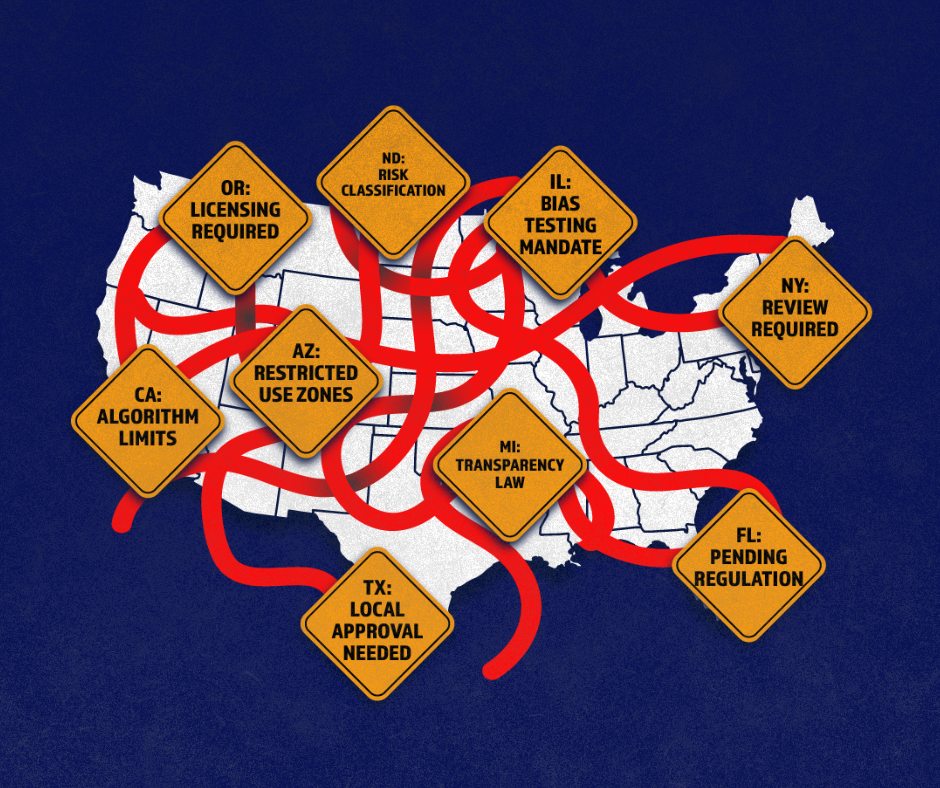
DENVER, COLORADO – State lawmakers have returned to the Capitol for a special session aimed at closing a $1 billion budget shortfall, and in the process are weighing a repeal...

LONDON, UK and WASHINGTON, DC – The United Kingdom’s Online Safety Act (OSA), which mandates age verification, came into full force on July 25th. Many users in the U.K. woke...

MARCH 13, 2025 | Today a bipartisan group of US lawmakers signed onto a joint letter calling on the UK’s government to immediately bring transparency to their upcoming hearing for Apple on...

FEB 28, 2025 | President Donald Trump’s pledge to enact sweeping 25% tariffs on imports from Canada and Mexico begins this Tuesday, March 4. While Trump’s team has used the...

FEB 27, 2025 | Tulsi Gabbard, now U.S. Director of National Intelligence, has confirmed that U.S. officials and DNI lawyers are now reviewing whether the United Kingdom breached a bilateral treaty known...

London, UK – As of this afternoon, new Apple users in the UK can no longer enable Advanced Data Protection (APD) of their data, an end-to-end encrypted backup. In response to...

Settling Brexit has been a byzantine process, but it’s got nothing on the UK’s opaque and outright baffling system of pharmaceutical drug availability and research. Every year the Medicines and...

Today a court in Frankfurt effectively banned Uber in all of Germany. The company Taxi Deutschland, a licensed taxi app, went to court arguing that Uber requires a license. The...